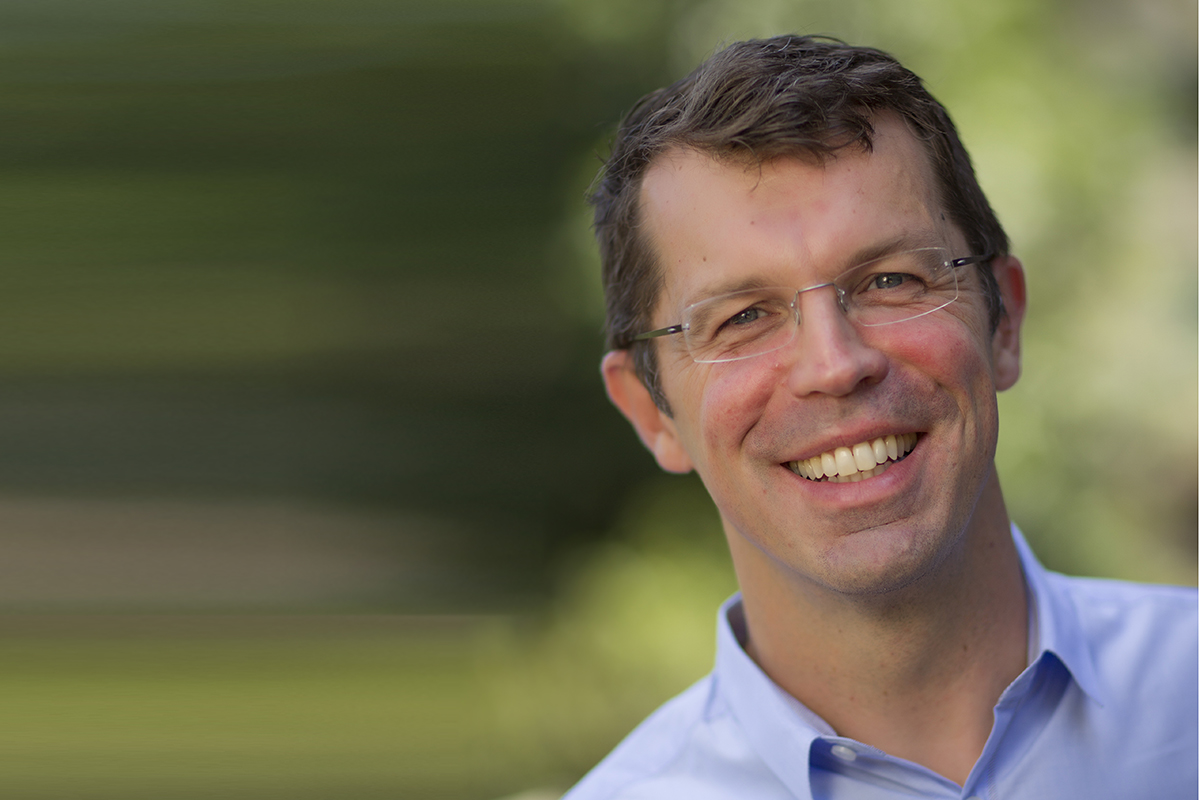The directors of the 70 National Cancer Institute-designated cancer centers, including UNC Lineberger Comprehensive Cancer Center, say a national effort is needed to improve the rate of HPV vaccination and screening in the United States.

Calling human papillomavirus-related cancers a significant public health problem, the directors of the 70 National Cancer Institute-designated cancer centers, including UNC Lineberger Comprehensive Cancer Center, have issued a joint statement endorsing gender-neutral HPV vaccination and evidence-based cancer screening.
“The scientific data are quite clear that vaccinating against HPV is a highly effective approach to preventing a number of cancers, yet the HPV vaccination rate in the United States remains woefully low,” said Shelton Earp, MD, director of UNC Lineberger. “We must address this shortfall in our children’s care because it works, and because preventing cancer is always preferable to treating it.”
Earp added, “I am grateful for the important work taking place at UNC Lineberger, including by Noel Brewer, Melissa Gilkey, Jennifer Smith and others, to abolish HPV-associated disease and death.”
Nearly 80 million, or one out of every four people, in the United States are infected with HPV. It is estimated that another 14 million will become infected with HPV in the U.S. this year, and 31,500 people will be diagnosed with an HPV-related cancer (anal, cervical, oropharyngeal, penile, vulvar and vaginal cancer).
In light of these sobering figures, HPV experts from the NCI-designated cancer centers, along with partners from the NCI, CDC, and the American Cancer Society, are meeting in Salt Lake City June 7-8 to discuss a path forward to eliminating cancers caused by HPV, including ways to reduce barriers to vaccination, as well as share education, training and intervention strategies to improve vaccination rates.
HPV vaccination rates remain significantly lower than other recommended adolescent vaccines in the U.S. In 2016, less than 43 percent of boys and girls received the recommended doses. Research has identified several factors that might contribute to the low vaccination rates, including physicians not routinely giving clear, strong recommendations and parents who do not understand that the HPV vaccine protects against several types of cancer.
UNC Lineberger’s Noel Brewer, PhD, professor of health behavior at the UNC Gillings School of Global Public Health and chair of the American Cancer Society’s National HPV Vaccination Roundtable, is working with a team of colleagues to better understand the issues and to develop strategies to improve vaccination rates. Last year, they published a study that found training providers to recommend HPV vaccine using presumptive announcements led to higher uptake. The training has become a recommended best practice and is endorsed by the National Cancer Institute.
“Treating HPV vaccine just like other vaccines is very effective,” said Brewer, who was the study’s senior author. “It’s as simple as saying. ‘I see Michael is 12. Children his age are due for vaccines against meningitis, HPV cancers and whooping cough.’ In the words of a physician at our training, ‘It’s easier for parents. It’s easier for us.’”
In addition to research into the prevention and control of HPV-linked cancer, UNC has implemented several related initiatives, including clinical studies investigating optimal treatment strategies for patients with HPV-linked cancer and work on a new oral HPV detection test.
“It is a real point of pride that UNC is home to several of the leading researchers in the area of promoting HPV vaccination,” said Kurt Ribisl, PhD, chair and professor in the Department of Health Behavior at Gillings and program leader for Cancer Prevention and Control at UNC Lineberger. “Their work has informed the President’s Cancer Panel, priorities of the NCI, and countless local, state and federal programs promoting vaccination to prevent HPV-related cancers.”
